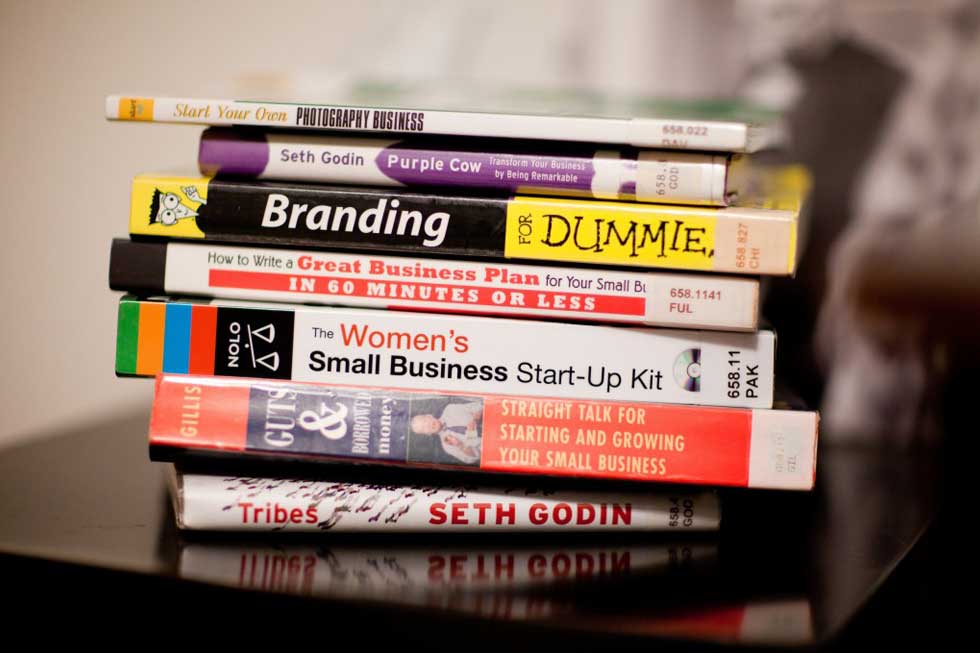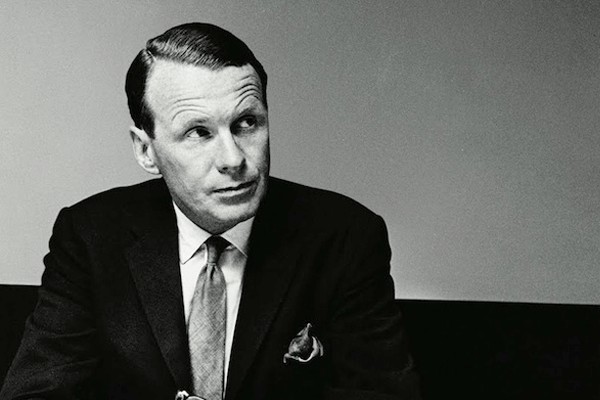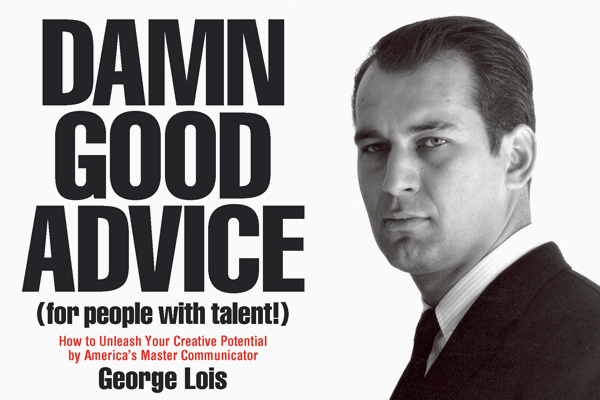
Much has been written about common qualities found in highly successful people. However, one trait mentioned far too infrequently is the desire for these people to selflessly share what they have learned. Quite often, sharing manifests itself in the form of inspirational books, written for us all to enjoy and use in our own paths to success.
We have compiled a list of 5 books from 5 great thinkers, each of whom has reached mythical status in their respective industry. As a whole, this collection of material is a must-have for any entrepreneur, business owner or leader-in-the-making.
Things I Have Learned in My Life So Far: by Stefan Sagmeister

Stefan Sagmeister’s influence spans a broad spectrum, including graphic design, typography, music and print. He is a thought leader, an educator and a trend setter. His accolades are too many to list, but include two Grammy Awards for his graphic design work for The Talking Heads and David Byrne, the National Design Award for Communications from The Cooper-Hewitt National Design Museum and a plethora of highly influential albums covers and designs for the Rolling Stones, Lou Reed and Aerosmith, to name a few.
Things I Have Learned In My Life So Far is an inspirational collection of poetry, design, art and philosophy. As described by the publisher, “Sagmeister throws his diary, a lot of design, and a little art together with a pinch of psychology and a dash of happiness into a blender and pushes the button. It tastes surprisingly yummy.”
Sagmeister’s take on life is refreshing, playful and wholesome. He is currently filming a movie about happiness, which was inspired by a one-year sabbatical spent living in Bali. Every seven years he closes his office for a full year, so he and his employees can pursue personal endeavors and renew their creative energy. Sagmeister claims this approach results in innovation and profitability for his company, as the ideas generated during sabbaticals flow back into the collective work of the office.
Even a cursory review of Sagmeister’s design aesthetic will inspire any creative person to re-evaluate their approach to their chosen craft. He is an artistic chameleon who continually reinvents his aesthetic vision and refuses to accept the status quo.
Getting Things Done: by David Allen
David Allen’s personal transformation, while quite bizarre, is a true American success story. Early in his life, he suffered from drug addiction and mental illness, and held 35 jobs before his 35th birthday. After doing his graduate work at UC Berkeley, Allen worked as a magician, karate teacher, cook and gas station manager. Eventually, he began designing programs for business productivity, and was contracted to design a training program for executives and managers at Lockheed Martin.
Published in 2002, Getting Things Done has become a cult classic in the business world. The overarching premise of the book is that recording planned tasks and projects (as opposed to keeping them in your mind), and breaking them down into actionable assignments, will increase productivity and focus.
These principles have been adapted by many businesses and corporations. In fact, Allen’s company offers corporate seminars where professionals can study and apply the program’s he has designed over the years. Allen’s personal teaching is in such demand that he charges over $20,000 for a single lecture.
Anyone attempting to multitask and juggle multiple projects will appreciate the simplicity and objective nature of Allen’s work.
Ogilvy on Advertising: by David Olgilvy
The late David Olgilvy and his former advertising empire (Olgilvy & Mather) is rumored to be the inspiration for the AMC television series Mad Men. Olgilvy mastered the mind of the consumer, and created some of the most effective and memorable print ads in history. After years of dominating Madison Avenue and earning the trust of national brands and the admiration of his peers, he wrote Olgilvy on Advertising, which is a collection of musings on his work, philosophy and the advertising profession.
This book has become mandatory reading for advertising and marketing students, and remains a popular coffee table book at creative agencies around the world. It takes us back to the golden age of advertising, when television and print served as the main drivers of consumer sales, and showcases some of the most famous ad campaigns of all time.
Additionally, Ogilvy offers some valuable business advice on everything from how to choose your clients to growing a company. While many have rebelled against the Ogilvy school of thought and reject his principles, it can’t be argued that his approach completely transformed the way products are marketed to the masses.
Damn Good Advice for People With Talent: by George Lois
George Lois is one of the most important creative minds in modern history. His former advertising agency, PKL, was the first ever to go public, and he is best known for the 92 covers he designed for Esquire magazine between 1962 – 1972. In 2008, the Museum of Modern Art exhibited 32 of the covers.
Louis, originally from the Bronx, took his New York attitude directly into the world of advertising. His hard hitting and controversial approach made just as many enemies as friends, but resulted in advertisements that will be forever be remembered.
Damn Good Advice for People With Talent contains 120 “life lessons” from the mind of the eccentric Lois. Each lesson is a single page, which makes it a perfect coffee table book and an easy read. However, don’t take its brevity for granted. Lois doesn’t need many words to get his point across, and Damn Good Advice really packs a punch. We recommend this book to anyone interested in learning from a true go-getter who was able to climb to the top of his industry, and remain there for many years.
How to Wins Friends & Influence People: by Dale Carnegie
Dale Carnegie, a writer and lecturer, shocked the business world with his musings on professional and personal success. Carnegie was born into poverty and early on made a living selling bacon and soap for Armour and Company. He grew to become their national sales leader, saved some money and eventually quit sales. After a failed stint as an actor, he focused his attention on public speaking and began giving motivational lectures.
Published in 1936, How to Win Friends & Influence People has sold over 5 million copies and was a bestseller from the day it was released. The success of the book led Carnegie to launch the Dale Carnegie Institute, which graduated over 450,000 students at the time of his death.
An overarching theme in How to Win Friends & Influence People is that your behavior towards others can transform their behavior towards you. Advice from Carnegie includes simple gestures of respect and kindness, such as smiling, listening and remembering names. While common sense to many, the business world has always been devoid of politeness. For this reason, Carnegie’s ethical and cordial approach was met with high acclaim during the years after the book was published.
Let`s Get
In Touch
Contact us today for a free consultation
and cost estimate for
your project.
We work with companies in all
industries, big or small.
Give Us a Call: 786-529-6039
Services
©2024 FUZE DIGITAL INC. Ignite Your Brand™ | privacy









